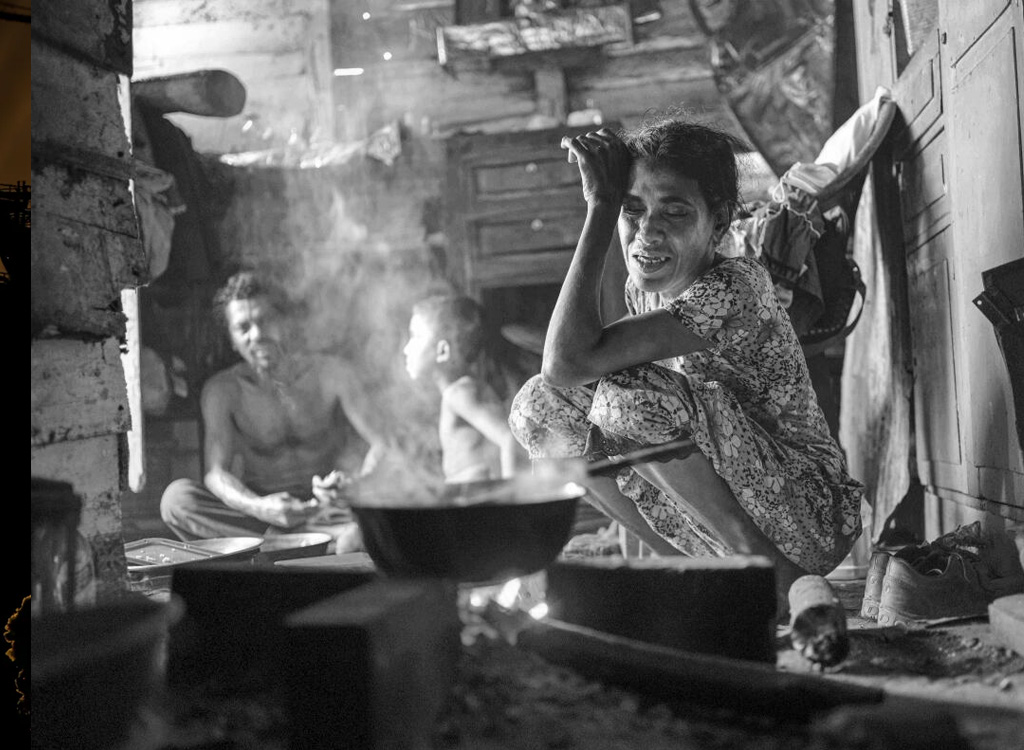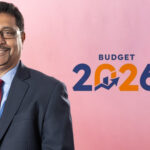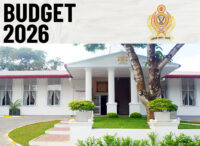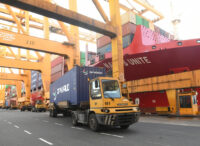Sri Lanka may struggle to meet its 2026 revenue targets due to limited new tax measures, rigid recurrent spending, and a fragile post-crisis recovery where poverty remains above 20%, economist Dr. Roshan Perera warned on Wednesday.
Speaking at the Daily FT–Colombo University Alumni Association post-Budget forum, the former Central Banker commended the government’s commitment to macroeconomic stability under the IMF program, but cautioned that sustaining fiscal prudence after its completion will be the “real test of policy credibility.”
Dr. Perera noted that while the 2026 Budget projects another primary surplus — a continuation of recent fiscal discipline — revenue expectations may be overly ambitious.
“There are very few new tax measures apart from the VAT and SCL threshold revisions, which broaden the base but provide limited clarity on yield,” she said.
She also questioned the sustainability of import-based tax revenue, citing dependence on vehicle imports, Special Excise Levies (SSEL) and loan-to-value (LTV) restrictions that could curb demand.
Noting that revenue gains must come from improved tax administration, including the rollout of RAMIS 3.0 and a national e-invoicing system, she cautioned against overestimating their short-term impact.
On the expenditure side, Perera urged the government to rationalise its wage bill and public sector recruitment plans while prioritising targeted welfare such as the Aswesuma program, noting that social transfers remain below 1% of GDP despite poverty exceeding one-fifth of the population.
“The true test will come once IMF oversight ends. If Sri Lanka can maintain fiscal discipline, strengthen tax enforcement, and support vulnerable households, it can finally lay the groundwork for sustainable growth,” she added.











Leave a comment